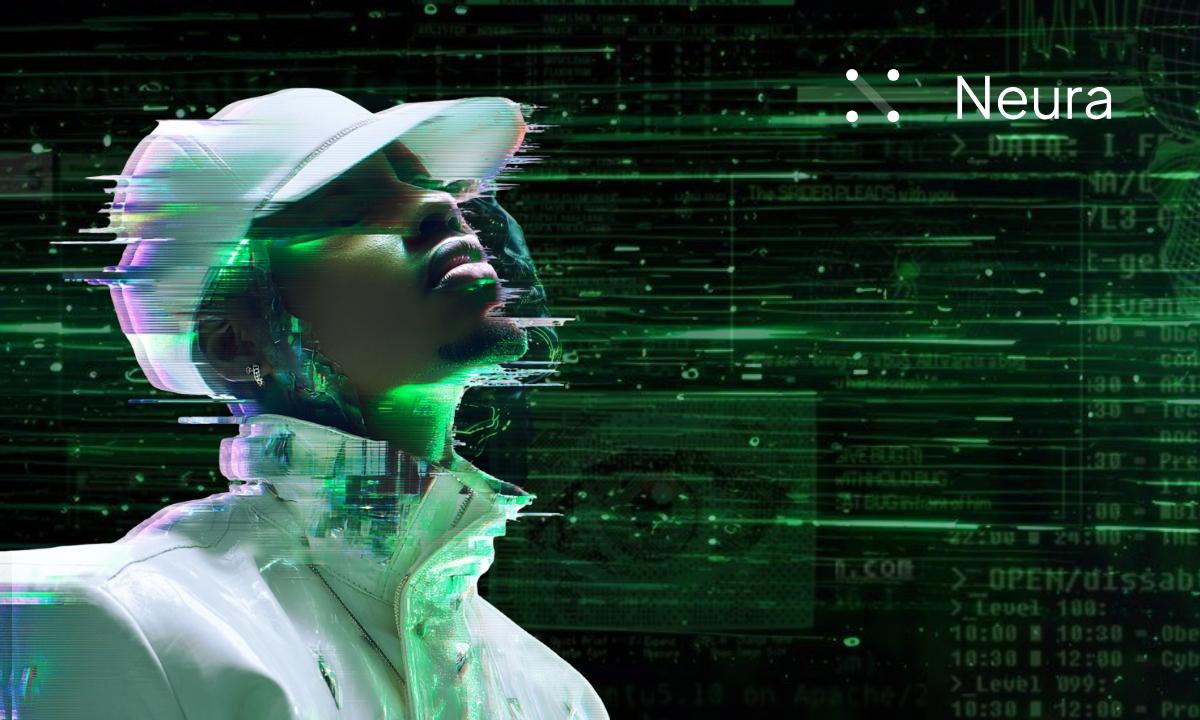NE-YO’s Emotional AI Partnership with Neura Set to Revolutionize Entertainment Industry
Grammy-winning artist NE-YO just dropped his biggest collaboration yet—and it's not with another musician. The R&B icon partners with artificial intelligence firm Neura to launch emotional AI technology that could reshape how we experience entertainment.
Reading Between the Lines: How Emotional AI Works
Neura's technology analyzes subtle vocal patterns, facial expressions, and physiological responses to detect emotional states in real-time. The system adapts content delivery based on audience reactions—imagine music that shifts tempo when it senses excitement or movie scenes that adjust intensity based on viewer engagement.
The Cynical Take: Because Everything Needs Monetization
Because apparently even human emotions need blockchain verification now—this partnership will likely include NFT integrations and emotional response tokens. Because nothing says 'authentic connection' like putting feelings on a distributed ledger for maximum profit extraction.
This isn't just another celebrity endorsement deal. NE-YO brings decades of entertainment industry expertise while Neura contributes cutting-edge affective computing technology. Together, they're betting that emotional intelligence will become the next frontier in personalized entertainment—whether we're ready for algorithms to read our feelings or not.

AI can already write songs, generate images, and even mimic voices — but it rarely feels alive. Neura, a decentralized emotional AI network, is aiming to change that. Led by a team of ex-Microsoft AI experts and engineers , the company is building emotionally intelligent AI agents designed to connect, remember, and resonate.
Neura positions itself as more than just another chatbot provider. Its technology is designed around what it calls “empathy engines” — AI agents that remember emotional context over time, interpret tone and subtext, and adapt across cultures.
“Most AI today is brilliant but transactional,” said Pang Kevin Sai, Head of Business Development, a Core contributor at Neura. “We’re focused on building systems that don’t just talk — they connect.”
The company claims its agents achieve overand, suggesting that users return not just for utility, but for the feeling of being understood.
One of the company’s most visible experiments is with Grammy-winning artist, who has both invested in Neura and launched his own “digital twin” powered by its Emotional AI.
Fans can interact with the NE-YO agent in real time, hearing responses in his voice and experiencing conversations that feel more personal than typical celebrity-fan interactions. Unlike traditional fan apps, the system is designed to remember past exchanges, creating a sense of continuity.
“For me, this is about connection,” NE-YO said in a statement. “If technology can help me reach fans in a more authentic way, that’s worth exploring.”
One thing that sets Neura apart from many other AI platforms is itsInstead of relying on centralized servers, Neura’s architecture leans into Web3 principles of ownership, transparency, and community governance.
That means fans interacting with NE-YO’s AI presence may not just engage — they could also, blurring the line between participation and ownership. Investors argue this could transform fan engagement from passive consumption to active co-creation.
Neura’s ambitions extend beyond entertainment. The company highlights potential applications in healthcare, where AI companions could provide emotional support for therapy and elder care, and in education, where emotionally adaptive agents could help detect and address student disengagement.
Still, challenges remain. Critics note that emotional AI is difficult to evaluate objectively, and cultural nuance is notoriously hard to encode into algorithms. Others question whether decentralization will add real value for mainstream users, or whether it risks overcomplicating adoption.
Neura envisions a 2030 where emotionally intelligent, decentralized AI is a standard part of digital life. Whether that vision becomes reality will depend on user trust — something AI has historically struggled to earn.
“Emotion can’t just be a feature,” the Neura team argues. “It has to be foundational.”
For now, the company has star power, investor backing, and a bold vision for where AI is headed: not just smarter, but more human.
Neura is a decentralized Emotional AI network designed to bring empathy, memory, and human-like presence into the digital age. Unlike conventional AI systems that focus only on transactional interactions, Neura builds emotionally intelligent AI agents that connect, remember, and resonate with people.
Website: https://neura-ai.io/
X: https://x.com/Neura_Web3_AI
Telegram: https://t.me/neuranetwork
Contact
